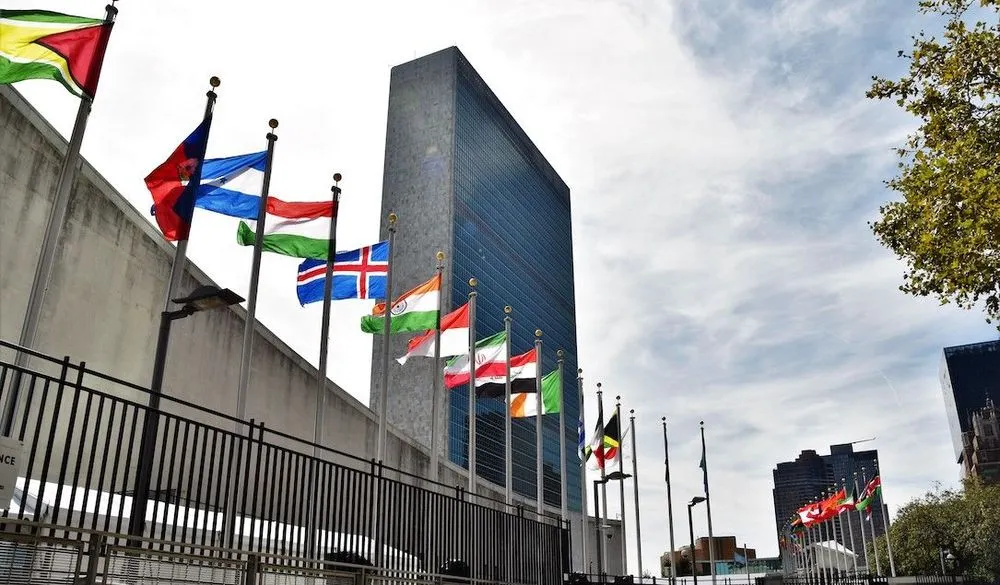Final negotiations on UN cybercrime treaty underway in New York
Delegates from across the United Nations are in Midtown Manhattan this week and next for the final negotiations regarding a new international convention on cybercrime.
Diplomatic sources told Recorded Future News that the ultimate text wasn’t expected to be especially ambitious — or to dramatically transform law enforcement’s approach to ransomware — but that producing anything capable of getting a vote at the General Assembly next year would be seen as a win.
Unlike traditional forms of criminal activity, the victims and perpetrators of cybercrime are almost never located within the same jurisdictions. Despite this, there are very few multilateral international instruments in place to allow law enforcement to pursue criminals abroad for online offenses.
The first international convention on cybercrime was signed in Budapest in 2001, but it was not a U.N. treaty and it was not adopted by countries such as China, Russia, India or Brazil — jurisdictions that Western states say are home to significant organized online crime groups.
In May 2021, the U.N. adopted a resolution calling for a draft convention “on countering the use of information and communications technologies for criminal purposes” to be voted on at the General Assembly by September 2024.
Broad support has developed for the creation of this draft convention, although there have been disagreements on what it will actually cover, with states often introducing pet issues to the negotiating document even if they are unlikely to receive broad support.
In January, during negotiations in Vienna, the Chinese delegation proposed a redefinition of cybercrime to include the “dissemination of false information” online. The proposal was seen as contentious and removed from the draft.
In New York, diplomats from Pakistan and Iran have sought to introduce a section that would force the treaty signatories to establish religious insults as a cybercrime offense. This has been similarly opposed.
One of the major challenges facing the treaty will be enforcement, which appears particularly unlikely in the case of criminal groups based in the Russian Federation, which constitutionally does not extradite its citizens and has only rarely taken action against individuals accused of crimes in the West.
Diplomatic sources say the new treaty is best understood as a political document that will contribute toward cooperation between law enforcement agencies in situations when the states in question have not been part of the Budapest convention.
Largely the delegations in attendance are seasoned diplomats with good relationships and an understanding of how to engage in the kind of backroom maneuvering that can shape the proposed language of the text.
So far the chair of the committee developing the draft treaty has steered toward consensus, say the diplomatic sources. There have not yet been any areas of such profound disagreement among delegations that the whole process has seemed like it could collapse — although there are many days of negotiating ahead.
Alexander Martin
is the UK Editor for Recorded Future News. He was previously a technology reporter for Sky News and a fellow at the European Cyber Conflict Research Initiative, now Virtual Routes. He can be reached securely using Signal on: AlexanderMartin.79



